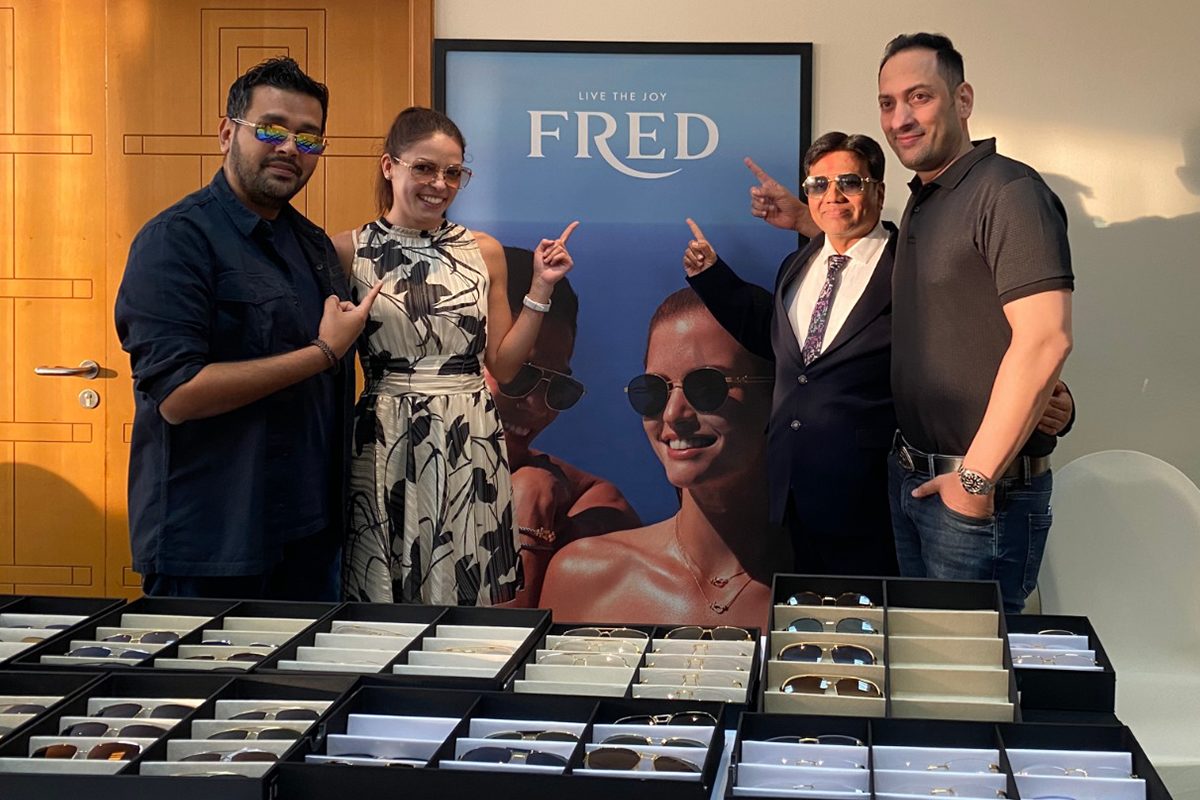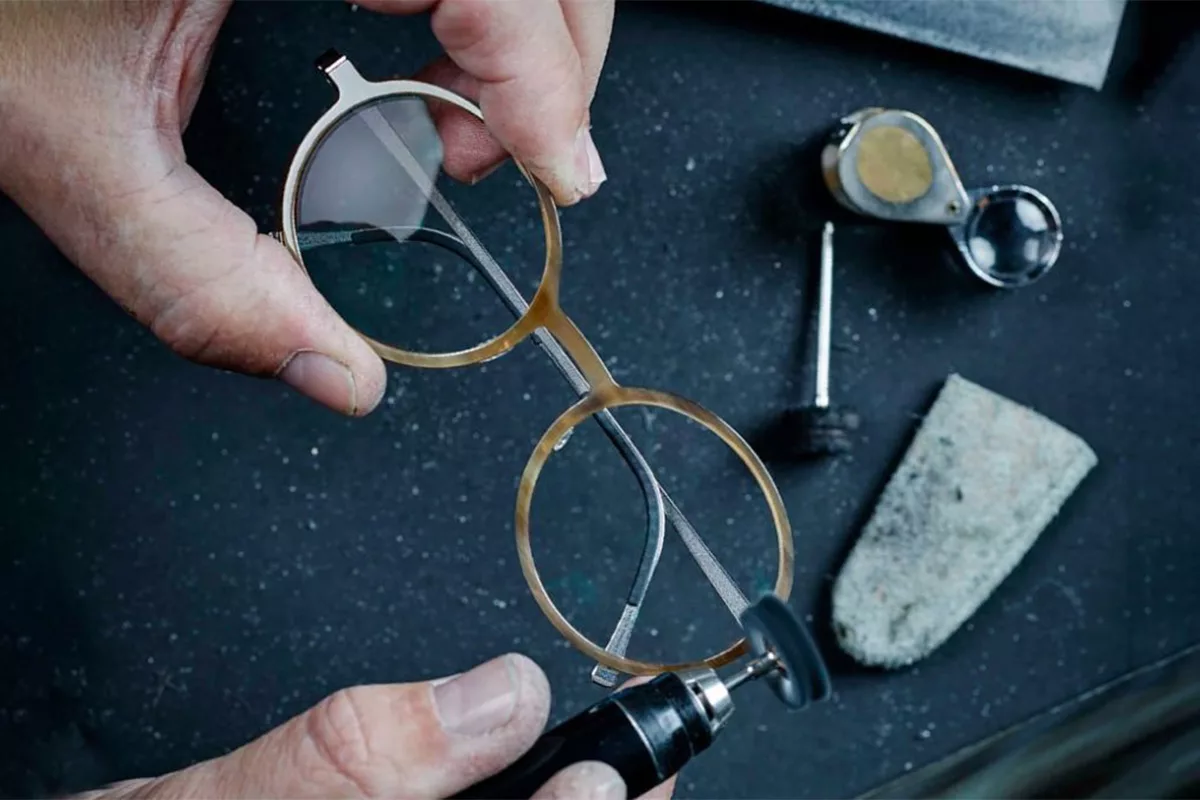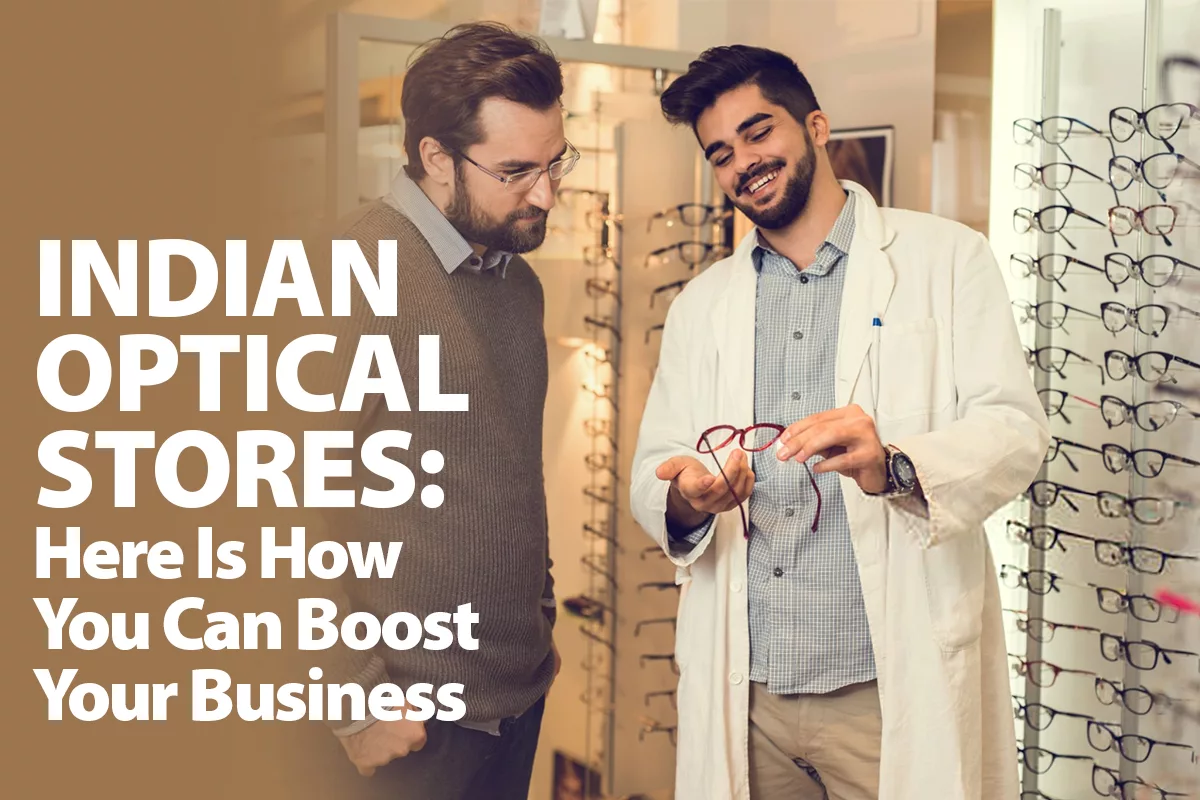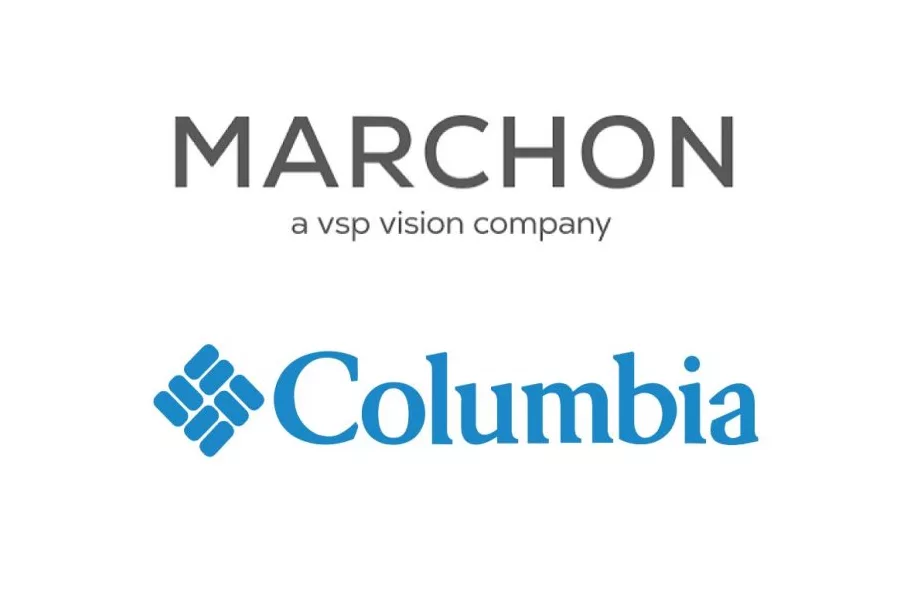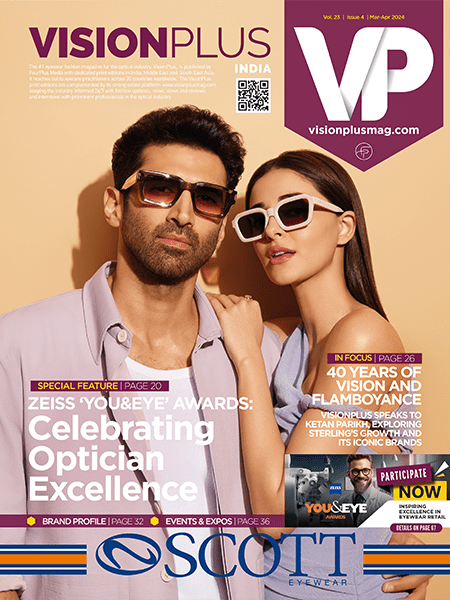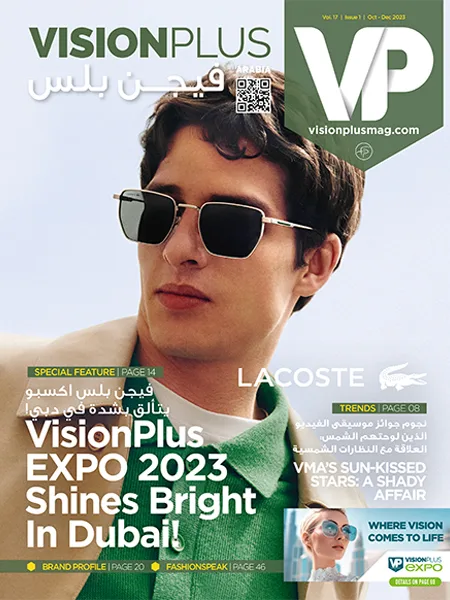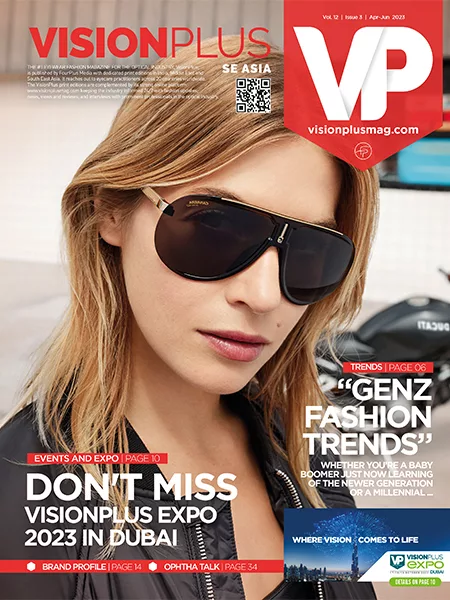Eyeglass wearers value advanced technology, but often defer to eyecare professional


“As a leader in optical lens material technologies, we believe it is critical to understand how consumers interpret the information about lens materials that they receive from their eyecare professionals,” said Christine Camsuzou, PPG general manager of optical materials.
The lens material is the foundation of the lens. It plays an important role in helping eyecare professionals offer their patients a more complete eyewear experience, by complementing advanced lens designs, treatments and coatings to provide the clearest, most comfortable vision and protect vision for a lifetime.”
Compared with a similar survey of adult eyeglass wearers sponsored by PPG in 2007, the new survey of 500 eyeglass wearers found that the majority of consumers have become even more focused on their frame selection than their lenses (84 percent vs. 78 percent in 2007).
The research also pointed to a lack of awareness about lens material options in general, with nearly 67 percent of respondents reporting that they didn’t know which lens material was used to make their eyeglasses. When asked to name as many lens materials as possible, consumers were primarily only familiar with glass (21 percent), plastic (18 percent) and polycarbonate (11 percent). There was little awareness about newer materials – even when presented with several of them in a follow-up question – and numerous non-lens materials were also named, such as metal and titanium. Further demonstrating the confusion about lens materials, respondents also mentioned lens treatments and lens designs when asked about lens materials, including photochromics, anti-reflective coatings and progressives.
However, the research also showed that while consumers aren’t familiar with specific lens material options, they expect a lot from their lenses, with 71 percent saying that it is important to them that their eyeglasses are made with the most advanced lens technology.
When prioritizing the most important attributes of an eyeglass lens, on average, respondents ranked clearest vision the highest. In addition, nearly 38 percent of respondents agreed that a combination of lens attributes – such as clearest vision, thinness, light weight and impact resistance – was most important when selecting a lens, followed by price (20 percent).
Despite the importance placed on these factors, however, most respondents (90 percent) said they would defer to their eyecare professional’s lens material recommendation.
Consumer Lens Material Survey – 2
The survey findings also reinforced that, in terms of most valued lens material attributes, price has not surpassed lens material features and benefits in the minds of consumers, Camsuzou added.
“These new research findings remind us that eyecare professionals are in a powerful position to use their unique relationship with their patients to educate them about exciting lens technologies,” said Nathan Troxell, global marketing manager, optical materials, PPG Industries. “This includes discussion of options such as TRIVEX(R) material, which can provide a true value to patients through its unique combination of the most desirable lens attributes while serving as a perfect foundation for other advanced lens options such as digital surfacing, glare-free and TRANSITIONS(R) lenses.”
Without proper education, many consumers may mistakenly believe that all materials provide the same features and benefits, Troxell noted. An overwhelming majority (90 percent) of respondents said knowing some lens materials provided clearer vision than others would influence their decision.
In order to assist eyecare professionals in educating patients about lens materials, PPG developed the Trivex material e-learning program. Available at www.PPGTrivex.com/education, this resource provides a user-friendly overview of various aspects of Trivex material, including performance benefits, dispensing tips, compatibility with other lens designs and enhancements, and the business advantages of offering lenses made with Trivex material. The e-learning program concludes with an interactive quiz to reinforce learning, and is currently available in 13 languages. In addition, PPG offers an ABO-accredited course on Trivex material. Requests for copies of the course can be sent to Nathan Troxell.
Trivex lens material is available from leading lens manufacturers, such as Younger Optics, Hoya, Essilor, Carl Zeiss Vision, X-Cel Optical, Augen Optics and others. More information about optical materials and products from PPG is available at www.ppgopticalproducts.com, or from Nathan Troxell at (724) 325-5168 or troxell@ppg.com.



